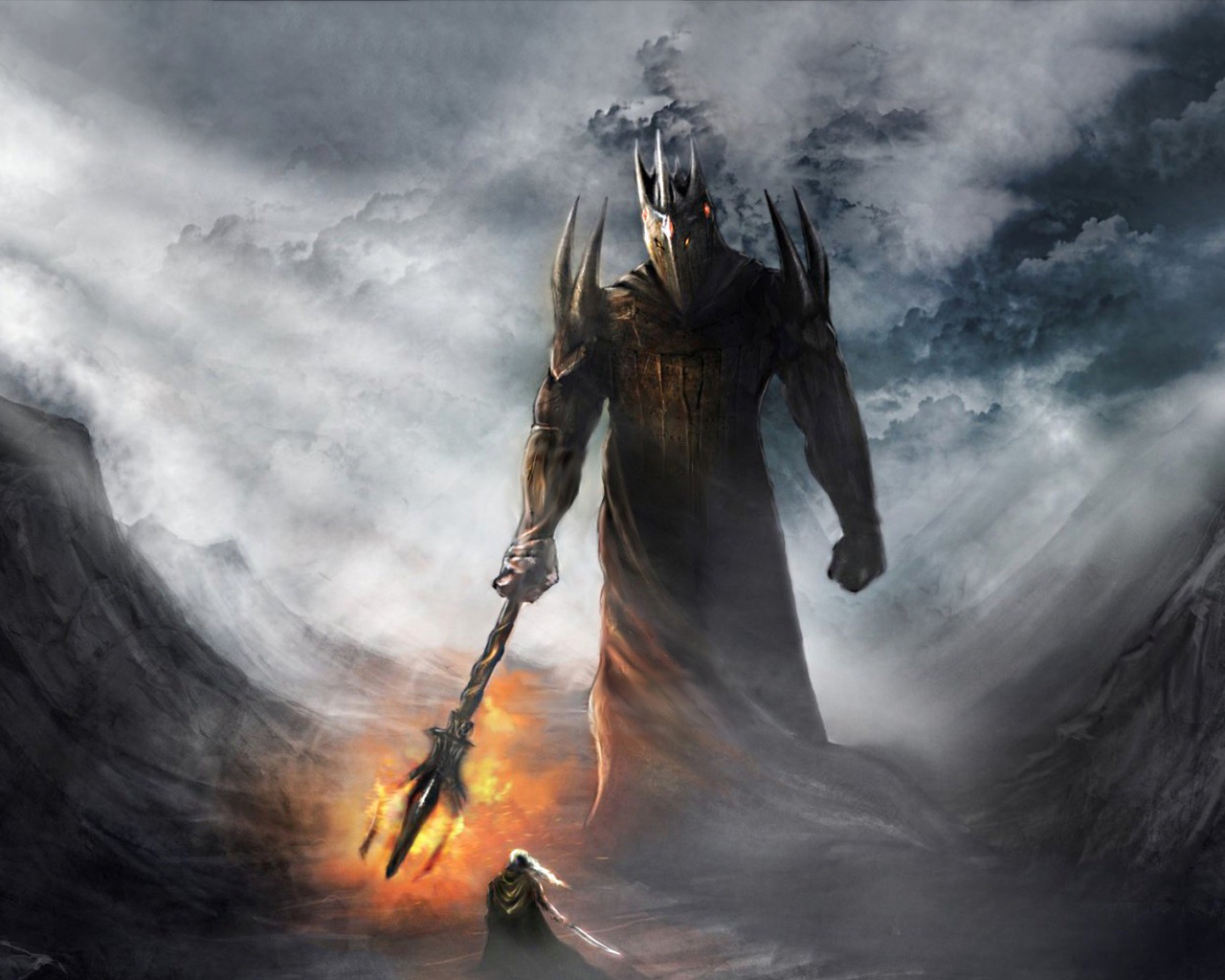Being the third part of a conversation that started months ago. The original, wherein we talk about The Hobbit can be found here and the first half of our Fellowship talk can be seen here.
Alex’s Response:
Heh. I can’t lie, most of the reason I roped you into this conversation was because I knew you would be spitting mad about my reaction in some way. To keep my response short: I get why the appeal of Tolkien is in the scope, why the characterization is archaic, and I did read it with an open mind. Like I said, I did enjoy Fellowship quite a bit. Just not without reservations.
But I do think the pleasures of Fellowship outweigh the reservations. Like I mentioned in the first half of this piece, one thing I particularly enjoyed were the touches of the medieval. Chris and Andrew had a pretty great discussion about this when they wrote about Hild last month, but the Medieval period we see in pop culture is very rarely anything but a mess in terms of accuracy and spirit. I won’t dive too deep into complaining about it, suffice to say reading history books about the actual events of that period in European history has been really eye-opening over the past few years.

Raedwald was a guy who knew how to party.
Perhaps even more illuminating, actually, has been reading some of the great fiction of the middle ages. In the past two years or so I’ve read Beowulf, The Canterbury Tales, The Poetic Edda, and several Icelandic Sagas. Uniting all of those works, but most notably Beowulf and the sagas, is this sense of lurking mystery to the world. In the era after Roman organization and learning collapsed a lot of certainties suddenly disappeared. Most Europeans, of course, never went more than 20 miles from home in their lives in this age, so what’s it to the common folk of England, I guess. But even the elites who did the writing have a markedly larger amount of known unknowns than their ancestors. It’s quite easy to read Beowulf and understand why the ancient Anglo-Saxons would endlessly repeat a tale about a king who could valiantly fight (and even kill) monsters and dragons. Those were not creatures of fantasy in 845 C.E., but physical representations of threats like warfare, famine, plague, and even mundanely creepy things like mist over marshes (which…I get it. That shit’s mysterious and disastrous then as now.) All of this inspires one of my favorite lines in all of literature, when Beowulf fights the dragon that is his doom:
“His fate hovered near, unknowable but certain.”
That, to me, is the Medieval mindset in one line of alliterative verse. It can be pulled apart a million ways, but still comes back to the eternally vexing tension of knowing that your die is cast (i.e., we will all succumb to death eventually), but not knowing how, when, where, or even why. Life is always mysterious, but in a world filled to the very brim with uncertainties, the only real firmness is found in the eternal uncertainty of death.

What I assume the Barrow Downs look like.
Which is a long way to say that I loved it when the hobbits didn’t know what the fuck was going on. When Frodo and company only know the true power and portents of the Ring in vague terms I thought Fellowship was at its finest. Their journey to Rivendell is one that drinks deeply from that Medieval uncertainty. For example, their walk across The Shire being plagued by black riders who seem mortally threatening for reasons they cannot quite articulate was spectacular in its slow build of uneasiness. Sure, Tolkien sort of let himself go with Tom Bombadil’s exploits in subsequent chapters, but that low level of dread from the riders’ sniffing was enough to keep me going. But then the creeping horror of the Barrow-wights, the lonely and somewhat treacherous outpost of civilization that was Bree, and the empty lands full of wilderness and ruins stretching away to the east were all excellent. It was a journey without a certain destination and overarching mythos. By contrast, the Council of Elrond stalled my reading completely (I read literally all of Lonesome Dove in a break from that chapter) and the subsequent journeys through Moria and Lorien and the Riverlands didn’t recapture that same mystique.
Stupid larger mythology butting its head in.
Obviously, I want your larger thoughts on what I said here and maybe some words before I launch into Two Towers sometime later this month, but I wanted to close with a question for you. From your wider reading of Tolkien, does his other Middle-Earth writing capture that feeling I liked so much in Book One of Fellowship?
Travis’s Response






